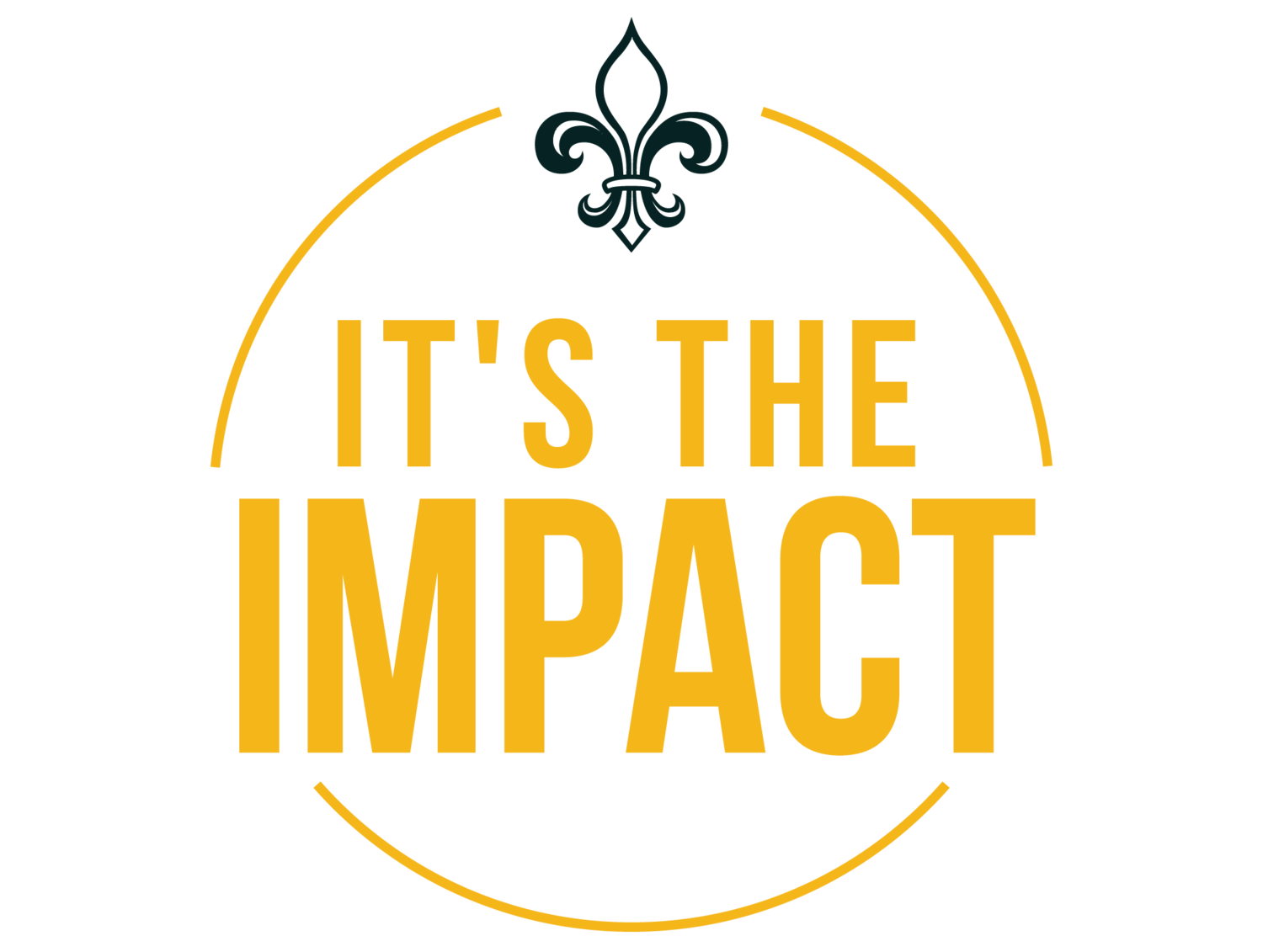How to be a Great Leader by Managing Your Thoughts
We have a collective duty to make the world better than when we entered it. We don’t have to accept that society is just the way it is.
We can be changemakers.
We can be mavericks.
But it takes learning to manage your brain to make the impact you’re wanting as a great leader.
Think about it for a moment: Your brain is your body’s computer, which means it’s high-powered but not infallible.
And your brain is always working for you, whether you know it or not.
You have about 60,000 thoughts a day. 2,500 thoughts a minute.
80% of which are subconscious, and most of your thoughts are repetitive.
Here’s the thing, though: At least half of those thoughts are negative … whether you’re consciously aware of them or not.
Your brain is always processing incoming data with internal biases, there’s no way you could consciously process each thought. But you aren’t powerless to your brain. You can get more attuned with your thoughts.
I call this process “Empowered Thinking.”
The framework within It’s The Impact has three pillars: Purpose, Path, & Psyche.
While purpose and path are important, unblocking your mind falls under the psyche pillar.
Here’s how we define Psyche:
To know the world, you must first know yourself. Learn how your brain prevents you from bravely being yourself, unlearn Automatic Negative Thoughts (ANTS), and build awareness, tools, and habits to change the thoughts that are holding you back from changing the world.
Your mind is the super powerful mechanism in your body that you don’t even really think about … but runs everything.
It seems simple. But I know in practice, it can be difficult for many leaders to manage their brain to adjust the way they think.
In fact, I was my first student.
I’m one of the 2.2 million adults living with Obsessive-Compulsive Disorder.
Today, I’ve learned to really embrace my differences … but it wasn’t a cute little quirk for me as I grew into adulthood. I didn’t feel super special in a good way. Plus, it wasn’t until I was well into adulthood that I received the diagnosis.
Once I did, everything made sense. But before that? Every day felt like slogging up a mountain.
I felt anxious and unworthy— my thoughts told me — that I was ‘not doing enough’, ‘not smart enough’, and more. My brain tried to get me to stay small, and when I did not, it told me that something bad was sure to happen.
But here was the problem. I always wanted to change the world. (Just read the About section on my main LinkedIn profile to hear about how I staged a boycott against worksheets at age 12.)
To be a leader who changes the world, you can’t act small. You can’t do things the way that everyone tells you to. You have to take risks. You have to use all of you and bring all you’ve got to the table. But know this, your brain will try to work against you in the process. That is your human computer's job, to keep you static, i.e. keep you safe.
I saw how my thoughts were affecting my actions. I constantly felt overly anxious, worked extra hard, tried to control every little thing, and imagined the worst case scenario for whatever I was facing at the time. At times, this made me into a leader who wasn’t always expansive, being a visionary, or willing to take as many risks as I wanted to.
So I started empowered thinking … without even realizing what I was doing at the time.
It became my daily practice to challenge the ANTS that cropped up.
When the thought of “you’ll never get past your weird brain” cropped up, I challenged it with an alternative thought:
“I have challenges, but I am not the sum of my anxiety.”
Once the empowered thinking took hold, everything unfolded for me — I was able to pursue my dream of building a business to support leaders move past being their own worst enemy and genuinely change the world for others.
And I’ve done this for hundreds of leaders as they grow their impact, careers, and do real, world-changing work.
This could be your reality, too. What thoughts do you need empowered today?
Rayne Martin is the CEO and Lead Impact Coach at It’s The Impact. To learn more about Rayne’s work and schedule a free consultation with her, contact us.
